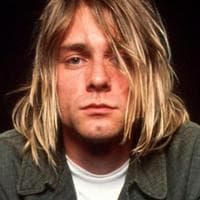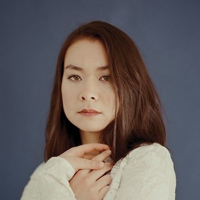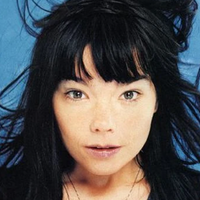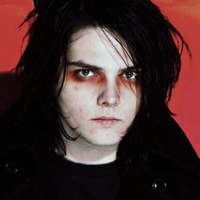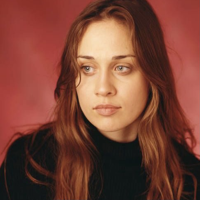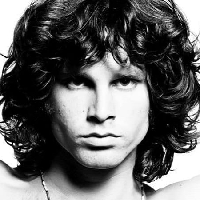yeule MBTI Personality Type
Personality
What personality type is yeule? yeule is an INFP personality type in MBTI, 4w5 - so/sp - 495 in Enneagram, RLUAI in Big 5, IEI in Socionics.
[𝟏/𝟐] 𝐅𝐢: > “I know I’m oversharing, okay,” Ćmiel says wryly. “I’m basically Asian Anne Sexton.” > “I’m so confessional, and he’s just singing about his car,” they say, chuckling. Fi types tend to speak from a very personal, individual place in their art, speaking of sentiments with individual resonance instead of trying to conceptualise something universal or transcendental. > "Intensifying their hermetic urges was the paranoia and isolation they experienced within Singapore’s education system, which established severe hierarchies based on academic performance." Yeule experiences great difficulty grappling with the external judgement and pragmatic expectations of society (Te). 𝐍𝐞: > "[T]hey speak in reams of words, musing for upwards of five minutes at a time. “It’s about how cathartic it is to be alone sometimes, and how bad things can be when you shut yourself off from everyone else,” they eventually summarize." > “We chat over herbal tea. They move around frequently while talking – from the kitchen table to the floor to the sofa, their legs stretched out and then crossed, iPhone flashing in hand, always in motion [...] [T]hey have a tendency to jump from one subject to the next, going on winding roads with their anecdotes. They're not an artist who speaks in neat soundbites, making it difficult to extract solid answers.” > "I want to know more, like what yeule was feeling while writing these tracks, but getting firm answers from them is like digging for gold. They're already onto the next subject, picking up their phone, throwing a feather to the cat, seeming restless. When I send follow-up questions after our interview, they go unanswered. This is what it's like hanging out with yeule – blink and they'll already be across the room, onto whatever might be next." Ne is known for the tangents it can go on due to its tendency to follow every free association it observes. It may also be highly distractible due to its desire for constant stimulation in the form of associations. > "College also fed their voracious appetite for reading and intellectual inquiry. “I had some fines after I graduated because I kept my library books,” they confess, showing off a stash of overdue texts that includes work by the philosopher Slavoj Žižek, filmmaker Hito Steyerl, and painter Paul Thek. As of late, Ćmiel’s most prominent interest is in cyborg theory—thinkers like Donna Haraway and Anne Balsamo, whose critical lens on gender and technology has helped them clarify what it means to be non-binary. Ćmiel says that if they weren’t a musician, they’d probably pursue something like philosophy." Yeule focuses on the linguistic and verbose (Ne) over the clear-cut and direct (Se), with a diverse range of interests and focuses. Stereotypically, this may suggest that Yeule is a head type. 𝐒𝐢: > "Though the internet has undoubtedly been a profound influence, Ćmiel is quick to point out that, somewhat paradoxically, much of their work comes from an examination of the physical – of body parts, emotions, sensations and memories." Focus on specific physical experiences and sensations. Notably, it’s about the experience of the self (Si) rather than the external world (Se). > “[Singapore felt like a] giant theme park [with a] manufactured [aesthetic.] [...] I'm not saying Singapore is fake, but there's a sense of heavy, heavy capitalism there. You can't have fun if you're not rich. It's all shopping malls.” > “Going back to my hometown is like going into a simulation. I long to wake up.” Si is the function that compares physical experiences with each other very often, as compared to Se, which tends to view each physical experience in isolation. 𝐈𝐍𝐅𝐏: > “The idea of personas have always been really freeing for me because you don't get trapped in one body or one identity. But I like to ensure that I know that it's still me and I'm not just playing a role, acting out something that's not authentic.” A desire to explore different identities and facets of the self (Ne) while remaining fiercely authentic (Fi). > “[The Yeule project is a] physical, musical, and visual reflection based on the temporal aspect of me, [...] it’s documentation, really. I use it as a touchstone to relate myself back to experiences.” A physical, musical and visual reflection of their experiences (Si) and their emotions in those experiences (Fi). > “[Yeule] wanted to re-create what it felt like to completely dissociate from your physical body, like malware installed into your psyche. The feeling of dirtiness, impurity, being in your skin, wanting to rip that apart.” Focus on physical sensations and in particular, perhaps the way in which emotions triumph over and rule physical sensation (Fi > Si, Si subordinated to Fi).
Biography
Nat Ćmiel aka Yeule is a indie electronic and dream pop artist based in both London and Singapore. Their debut album, Yeule, was released on 8 April 2014 when they were approximately 15 years old. In an interview with Bandwagon they revealed their stage name was inspired by Yeul from Final Fantasy. Their music often makes references to lucid dreaming and memories of the deceased.
Related Personalities

Shervin Hajipour (شروین حاجی آقاپور)
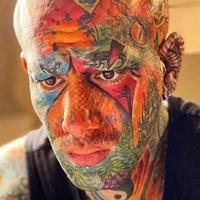
Amir Tataloo (امیر تتلو)

Faye Wong (王菲)
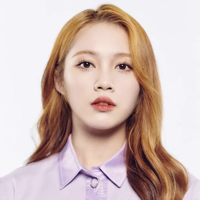
Fu Yaning (符雅凝)

Esther Yu (虞书欣)
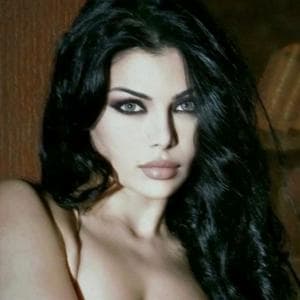
Haifa Wehbe (هيفاء وهبي)

Mehrad Hidden

Reza Pishro (محمد رضا ناصری آزاد)

